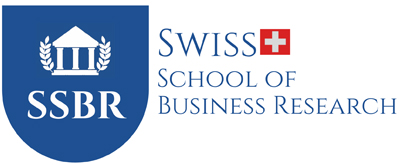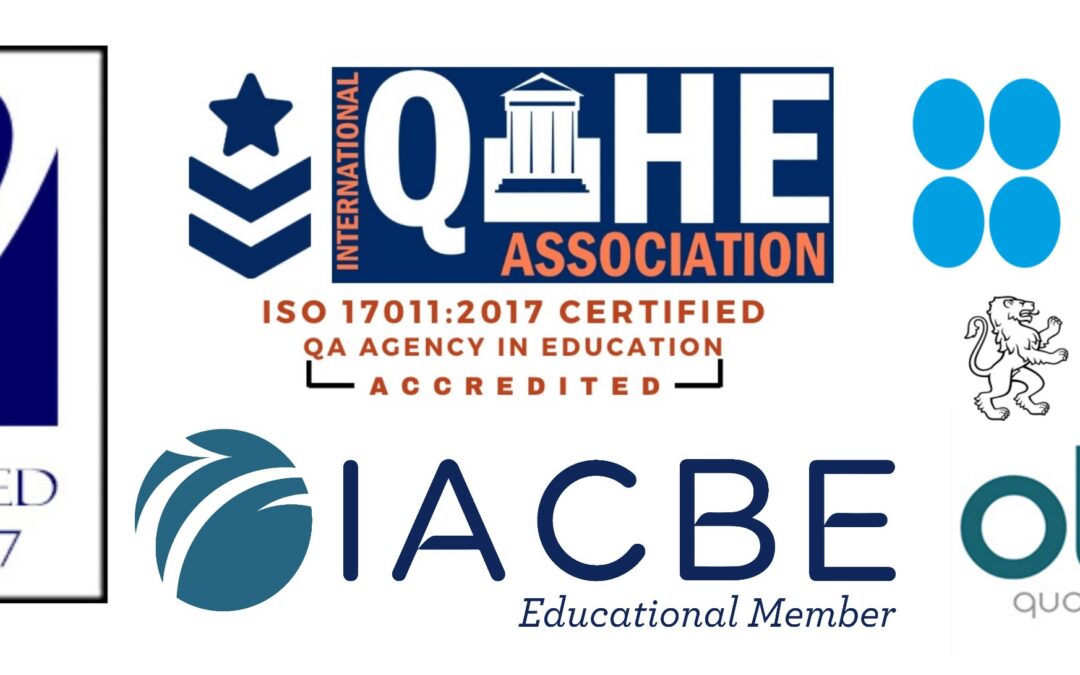Choosing an Institution for Academic Excellence
In the current era, the prospect of acquiring a degree online is more promising than ever. The substantial growth in the range of online degree programs is reflected in the following statistics:
- Worldwide, 49% of students have completed some sort of online learning
- Online learning is the fastest-growing market in the education industry – it has grown 900% since its creation in 2000
- 70% of students say online learning is better than traditional classroom learning
- The number of online learning users is expected to increase to 57 million by 2027
*(Forbes, Skill Scouter)
Similar to traditional classroom-based courses, online degree offerings vary in quality among different institutions.
Selecting an unaccredited institution can lead to several negative consequences. These include spending on a degree that lacks recognition, jeopardising the transfer of credits, disqualifying for student financial aid, limiting employment opportunities, and hindering professional growth. Hence, the accreditation of a college is crucial.
This introduction serves as a guide to the importance of college accreditation. It covers the definition, standards, types, and agencies involved in the accreditation process.
- What is accreditation? A. Accreditation is a rigorous external evaluation process where educational institutions and their programmes are measured against established quality standards. This process ensures that the institution provides high-quality education and is dedicated to the continual enhancement of its educational offerings and student services. Accreditation typically involves a thorough self-assessment, peer evaluation, visits by regulatory agencies, judgment, and ongoing monitoring.
- What is a diploma mill?
A. As defined by The Higher Education Opportunity Act, a diploma mill is an organisation that issues degrees, diplomas, or certificates for a fee while requiring minimal or no academic coursework. - Why is college accreditation crucial? A. The accreditation process is vital as it guarantees the quality and ongoing improvement of courses, programmes, and degrees. The U.S. Department of Education highlights that accreditation also:
- Aids students in choosing reputable institutions
- Protects consumers from deceptive or fraudulent entities known as “diploma mills”
- Influences the acceptance of transfer credits
- Factors into eligibility for federal assistance
- Determines the suitability of institutions and programmes for investment of public and private funds
Who is responsible for granting accreditation? Accreditation is awarded by private, non-profit accreditation bodies that are acknowledged by the Council for Higher Education Accreditation (CHEA), the U.S. Department of Education (USDE), or both. A comprehensive list of accredited organisations is available for download.
Are there different types of accreditation? Yes, there are regional, national, and specialised accreditations. Regional and national accreditation agencies assess entire institutions, while specialised agencies focus on specific programmes or single-purpose institutions. Among these, regional accreditation is the most widely recognised and valued. In the US State colleges and major universities usually receive regional accreditation, whereas smaller, private institutions may obtain national accreditation.
What are the accreditation standards of the Swiss School of Business Research (SSBR)? The Swiss School of Business Research (SSBR), a distinguished institution based in Zurich, is proud to uphold a high standard of academic excellence, validated by its notable accreditations. SSBR’s commitment to delivering top-tier education is recognised through its various esteemed accreditations and memberships, ensuring that students receive a globally respected and quality-assured education. These accreditations serve as a testament to SSBR’s dedication to continuous improvement, adherence to international education standards, and its commitment to student success. For a detailed overview of SSBR’s prestigious accreditations and associations, please visit SSBR Accreditation and Memberships.

